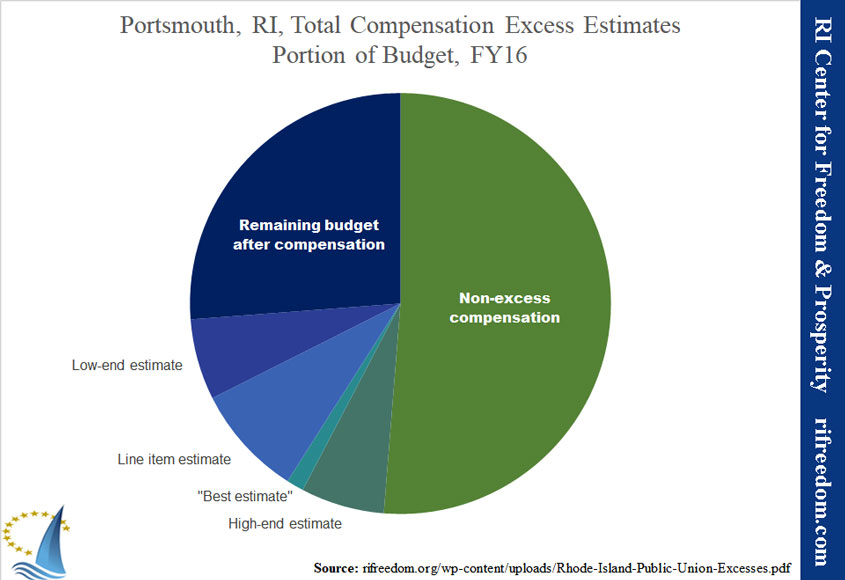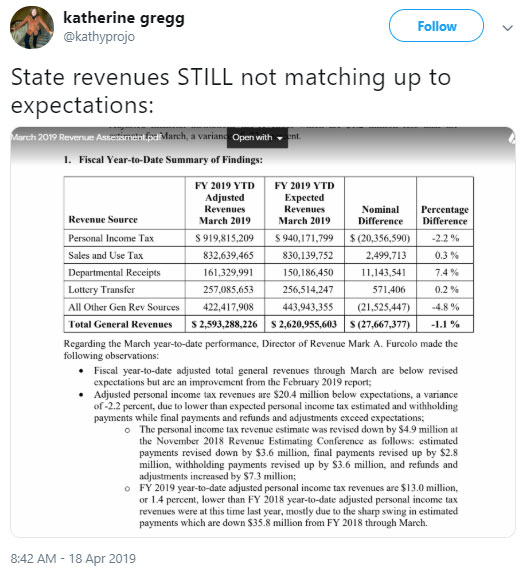Unfairness in RI Government’s Priorities
Mike Stenhouse’s recent op-ed in the Providence Journal puts the RI Center for Freedom & Prosperity’s Public Union Excesses report in a broader context:
Beyond these extreme financial costs, an even more corrosive impact from this political cronyism is at play. People have lost trust in their government and are fed up with betrayals from lawmakers who have forgotten them, who cater only to special-interest concerns. Lawmakers make it ever-harder for people to take care of their families and reside in Rhode Island.
For these reasons, Rhode Island is not keeping pace with the rest of the nation when it comes to jobs and population growth. After 10 years of perhaps the slowest economic recovery among all states, Rhode Island’s political leaders are failing on their promises to help the average family.
Instead, by heaping more privileges upon those who help get them elected, politicians continue to lose the trust of the people, who are also losing hope for their state. These tragic circumstances have conspired to make it a virtual certainty that the Ocean State will lose a prized U.S. congressional seat after the 2020 national census because of its stagnant population growth.
Rhode Island strangles its families and businesses with taxes and regulations, but often, the sheer unfairness of the system can be the real poison. As a member of the Tiverton Town Council, yesterday I participated in a “business walk” hosted by the Newport County Chamber of Commerce, which involved stopping in to talk with some business owners around town.
Of course, we heard about the problem of taxes, but the subjects that really animated business owners would better be classified as injustice. The cost of government labor was seen not only as a cause of high taxes, but also as a budget imbalance preventing infrastructure improvement. Similarly, the capriciousness of enforcement, with the rules not seeming to apply fairly to every business and changing depending on which government inspector paid a visit, is irksome beyond the cost.
Even after figuring out how to overcome all the regulatory obstacles that the state throws in their way and even after building high taxes, regulation-driven energy costs, and government bungled healthcare expenses into their business models, they still never know when an inspector will find some new rule to enforce or the legislature will come up with some new fee or obstacle to impose.


